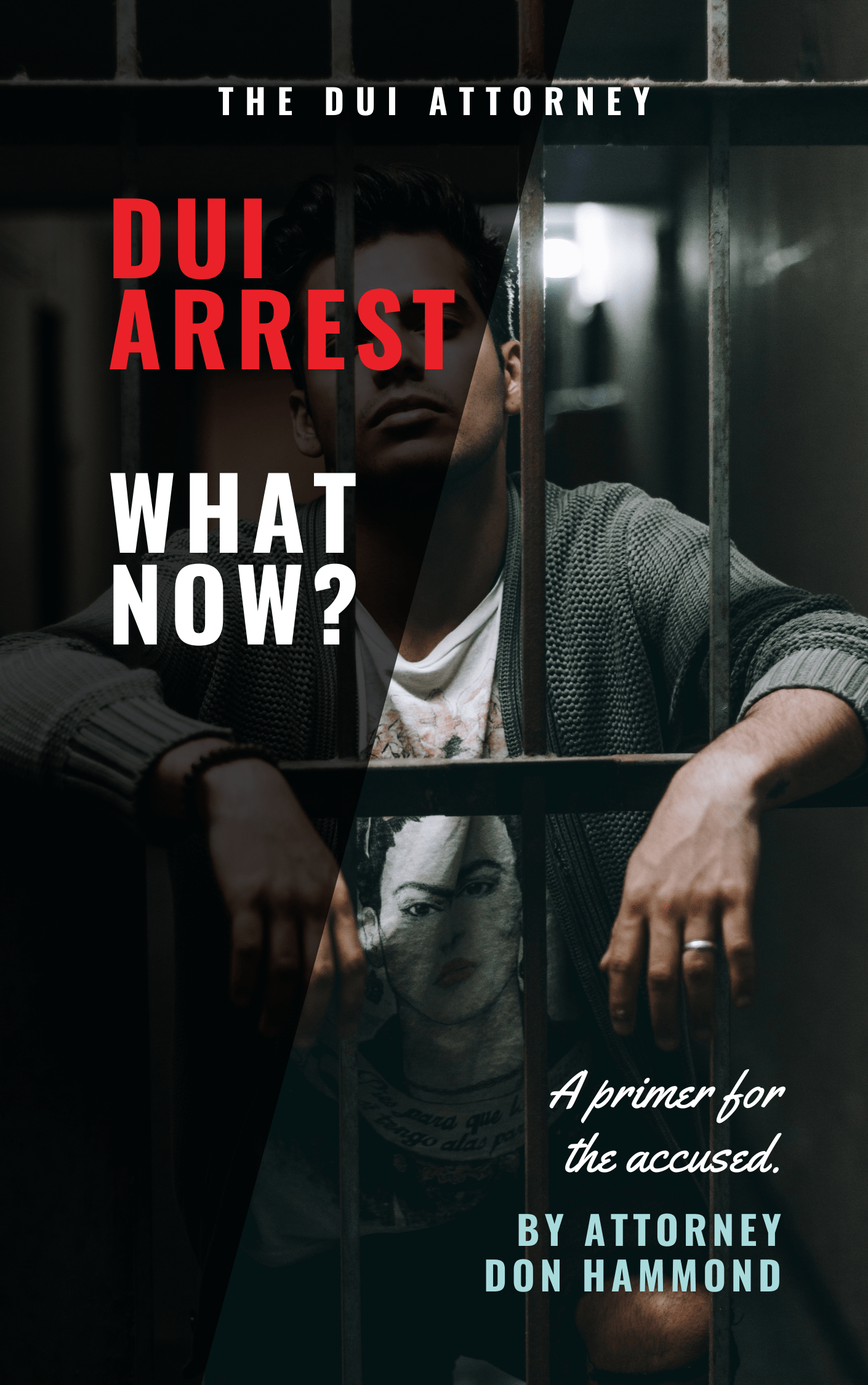
Prosecutors will almost always make a plea offer at the first appearance, but it’s not often the best offer. We are usually able to negotiate a better offer after reviewing the police reports and all of the evidence. In some cases, I will have already launched an investigation for the DMV process, subpoenaed the necessary documents, and identified issues with the prosecutor’s case. If so, I will use this to negotiate a better plea offer for the client.
Prosecutors are motivated to be done with these cases; they are busy, and they certainly don’t want to deal with a defense attorney who will be nosing around in their officers’ personnel files and crime labs to identify additional problems with a case. If a prosecutor can get a case resolved quickly, it’s usually in their best interest to do so.
Plea deals vary somewhat by courthouse, and even more so by county. L.A. County has several courthouses, from Torrance, Long Beach and Compton, to Bellflower, Downtown L.A., and Van Nuys, and all the way up to Lancaster. Orange County generally has worse terms for their initial offers than L.A. County.
In L.A. County, a standard first deal offered for a first-time misdemeanor DUI against someone with a clean record is three years of summary probation and a $390 fine, plus penalties and assessments, which comes out to about $2,000. Much of this can be converted to community service. The blood alcohol content can make a difference in terms of stipulating to something lower. A “routine” DUI involving a fairly low blood alcohol concentration (e.g. 0.09, 0.10) will require a three-month alcohol program, which is a weekly class lasting about an hour and a half. If there are aggravating factors, such as a high blood alcohol concentration or an accident, then a nine-month class may be
required. There’s also a six-month class for some cases, and 18-month class for repeat offenders.
In addition, attendance at a Mothers Against Drunk Driving Victim Impact Panel will be required, which is a two-hour session that usually takes place in the evening. At this session, people who have lost loved ones to drunk drivers will tell their story; it’s scared-straight type of stuff that some people might need to hear in order to understand the dangers of drinking and driving and why they shouldn’t do it. A hospital-and-morgue program can also be required, which lasts two days and involves showing people more horrific things that no one wants to see; this is more scared-straight type of stuff to help people understand the dangers of drunk driving.
The conditions of probation will include obeying all laws, such as not driving without a license and insurance, and not driving with any measurable amount of alcohol in one’s system (i.e. zero tolerance while on DUI probation). If someone is found to be driving with any measurable amount of alcohol in their system, then that will be considered a probation violation, which can lead to additional problems – both with the court and the DMV.
For a second DUI, the fines will increase to roughly $2,500 in total, the length of the alcohol program will increase to 18 months, and a jail sentence will be imposed. A lot of prosecutors try to tell me that the minimum is 30 days in county jail, but according to the statute, it is really only 96 hours. The hospital-and-morgue program and the Mothers Against Drunk Driving Victim Impact Panel may also be required. In L.A. County, it’s not uncommon to see probation last for four or five years for a second DUI, and in Orange County, it’s not uncommon for a six-month jail sentence to be imposed. The Orange County jail is not as backed up as the L.A. County jail, so on a six-month sentence, someone would actually serve about three months in Orange County, and only about one week in L.A. County.
Depending on aggravating factors, we may be able to negotiate away certain conditions, such as the Mothers Against Drunk Driving program or hospital-and-morgue program, or negotiate a six-month class instead of a nine-month class. For whatever reason, some probation terms include search terms, which means the individual waives their Fourth Amendment right against search and seizure, and this too can be negotiated away.
There are many things we can do to improve the offer, especially if the case progresses and we win a suppression motion. There are certainly cases wherein it’s appropriate to charge bargain and renegotiate the case to something like a reckless driving or an exhibition of speed, which would come with fewer and less severe terms. Every case is different, and the outcome will really depend on the particular facts of the case, the skill and experience of the attorney who is working on the case, and the stubbornness of the prosecutor.
How Do Strict Sentencing Guidelines For Multiple Misdemeanors And Felonies Differ From Potential Plea Offers?
The maximum sentence on a first-time DUI is six months in county jail and a $1,000 fine, which comes out to a total of over $5,000 after the addition of penalties and assessments. In most cases, the defendant will be offered a probation deal, but there are some clients who can’t be on probation for one reason or another. If that’s the case, we will not accept the terms of probation, but instead ask for an offer that does not include probation. In lieu of probation, there will usually be a jail sentence.
California does not use sentencing guidelines, per se. Judges have broad discretion in sentencing, from almost nothing to the maximum under the statute. In a first-time DUI case, jail time can range from zero to six months in county jail. For a second-time DUI, there is a minimum sentence of 96 hours in county jail, even if the defendant is granted probation, and a maximum of one year. For a third-time DUI, the minimum sentence is 90 days in jail, and for a fourth-time felony DUI (or any type of felony DUI), there is a 16-month, two-year, or three-year state prison sentence, which may be served locally in county jail. If we lose at trial, then the sentence will be determined by the judge.
Are Plea Deals Right For Everyone?
Within the American criminal justice system, about 97 percent of cases resolve through a dismissal or plea deal, which is to say that they do not go to trial. For better or worse, plea deals are a massive part of our criminal justice system, but they are not appropriate in every case. There are cases that need to go to trial, cases where people cannot accept a plea deal due to immigration or professional licensing consequences, and cases where there are legitimate defenses and we’d rather go down swinging than give up.
The science behind DUI cases is largely smoke and mirrors. There are often problems with government cases, and if the government isn’t willing to admit this and give us a dismissal when we deserve one, then the case should be tried in front of a jury.
I usually have a pretty good idea up front as to whether the case can be resolved through a plea deal, but ultimately, the decision of whether or not to take a case to trial is up to the client. I would never force anyone to go to trial, nor to take a deal; it is the client’s decision to make, and it is my job to provide professional guidance and inform them of the possible defenses.
For more information on Plea Deal In A DUI Case In California, an initial consultation is your next best step. Get the information and legal answers you are seeking by calling (323) 529-3660 today.










